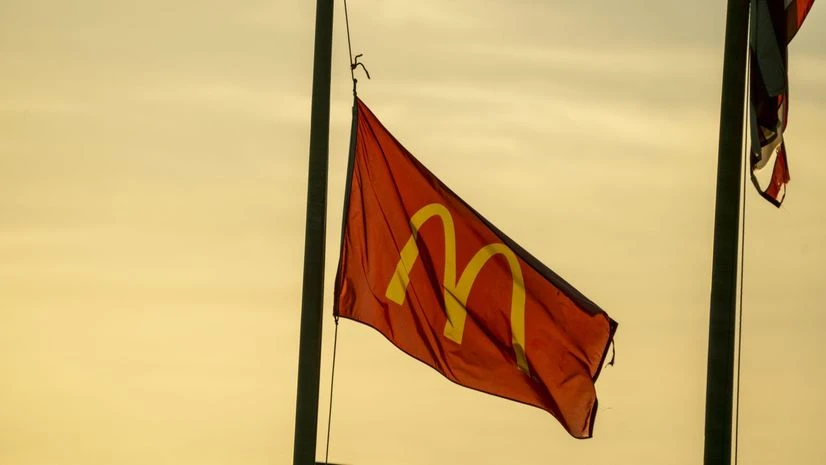The ongoing geopolitical tensions in West Asia have affected McDonald’s operations, especially in West and South India, with some locations struggling to reach even half of their pre-crisis sales figures.
Saurabh Kalra, managing director of Westlife Foodworld, which operates McDonald’s in the region, highlighted this issue during a post-earnings analyst call for the July-September period.
Kalra explained that many stores impacted by last year’s crisis have yet to recover to pre-crisis levels. He attributed this slow recovery to the ongoing conflicts in the Middle East, particularly the Israel-Gaza war. Despite some improvement, certain locations, such as those in Mumbai Central and Mazgaon, are still significantly underperforming, with sales figures dropping to less than half of what they were before the crisis.
Impact on the quick service restaurant industry
McDonald’s in India is not alone in facing challenges. Other quick-service restaurant chains like Sapphire Foods, Devyani International (operators of Pizza Hut and KFC), Burger King, and Domino’s have reported declines in quarterly profits and same-store sales. This is mainly due to heightened local competition and food inflation pressures. In particular, the ongoing global conflict has contributed to reduced consumer confidence and spending.
Boycotts and anti-American sentiment
The Israel-Gaza conflict has also had a global impact, with major American brands like Coca-Cola, McDonald’s, Starbucks, and Burger King facing boycotts and backlash, particularly in the Middle East and parts of Asia. There have been widespread allegations that these brands support Israel’s war efforts, further damaging their sales in these regions. Kalra noted that while some stores have shown marginal improvement, many are still struggling, and McDonald's locations in affected areas continue to face tough conditions.
Westlife Foodworld’s financial performance
Westlife Foodworld reported a sharp 98.4 per cent drop in profits for the September quarter, with a net profit of only Rs 35.7 lakh. The company also reported a 6.5 per cent decline in same-store sales, attributing this to subdued in-store business. The challenging operating environment has impacted the overall financial performance of the company.
More From This Section
Despite the ongoing difficulties, Kalra expressed optimism for a recovery in the second half of the year. He believes that the company has built positive momentum and is well-positioned to perform better if consumer trends improve.”
Wider industry trends
A Reuters report from September 4 mentioned similar struggles for beverage giants like Coca-Cola and PepsiCo in Muslim-majority countries such as Egypt and Pakistan. Due to the Israel-Gaza conflict, both brands have faced declining demand, and local alternatives have gained popularity as part of a broader boycott against American products in the region. This highlights a growing trend of geopolitical events influencing consumer behaviour and affecting global businesses across various sectors.
(With agency inputs)

)